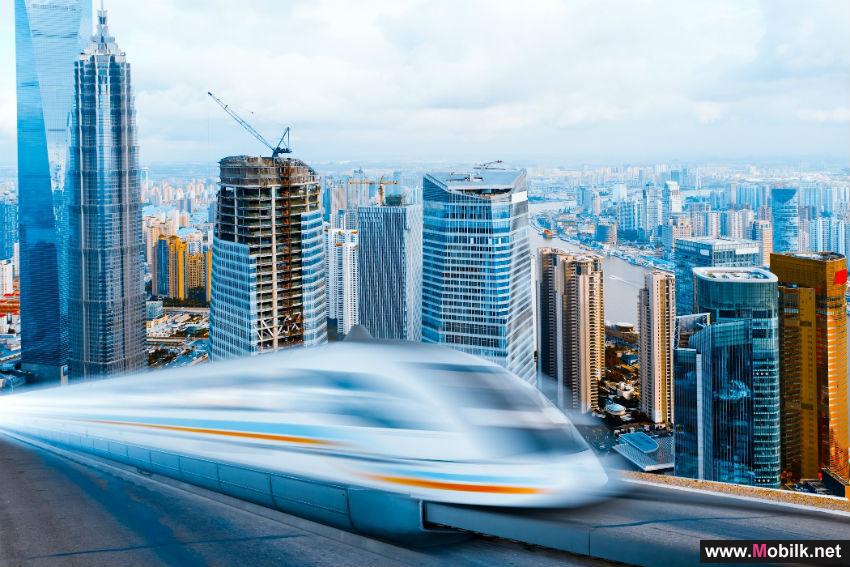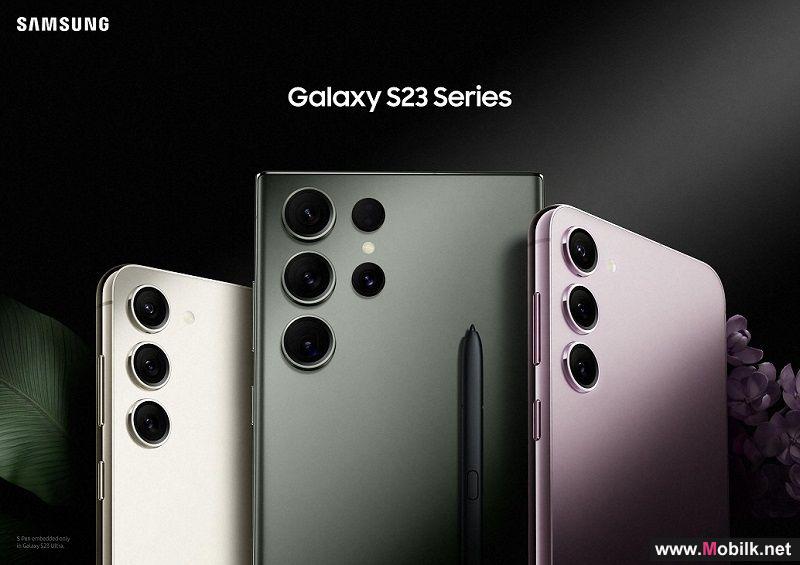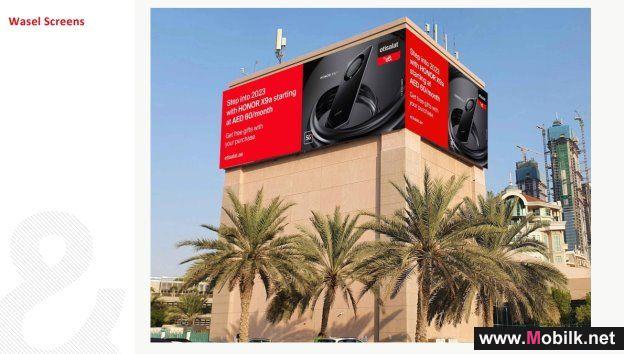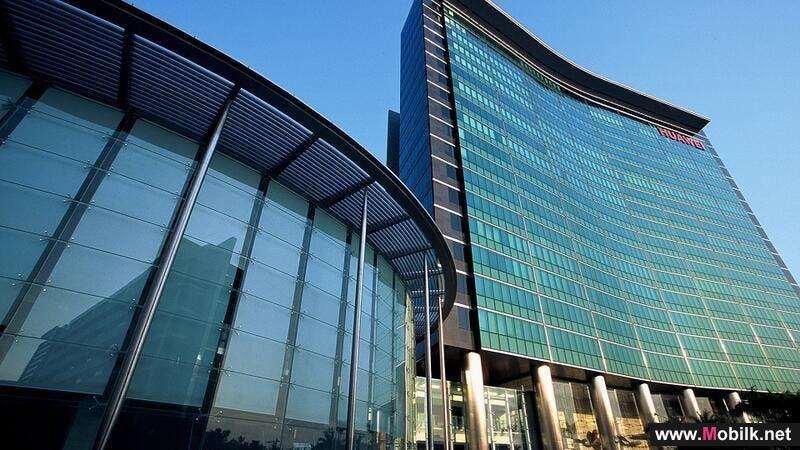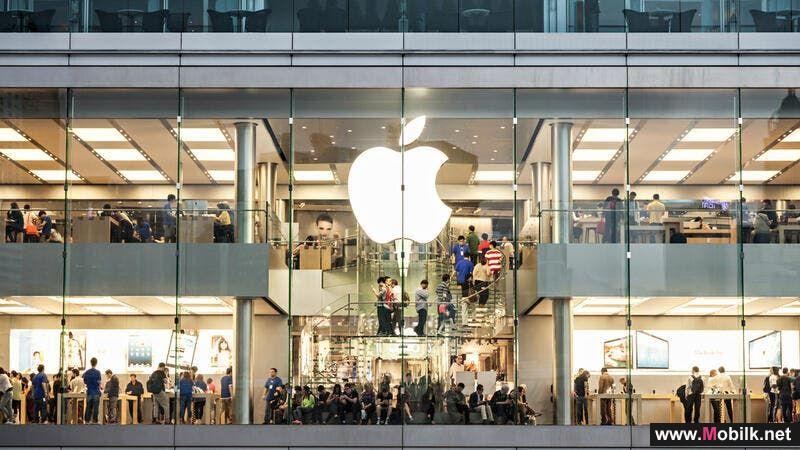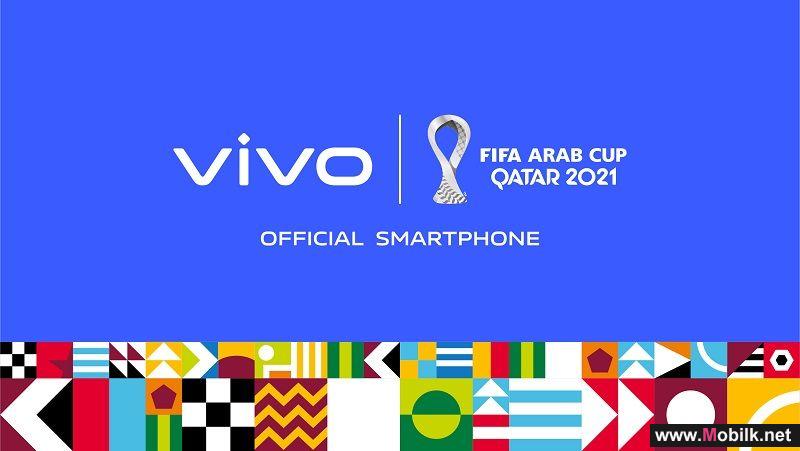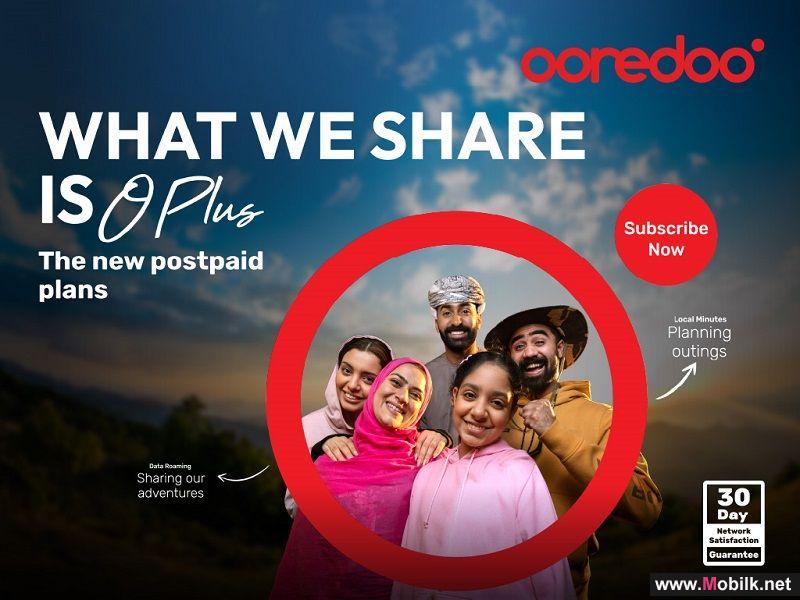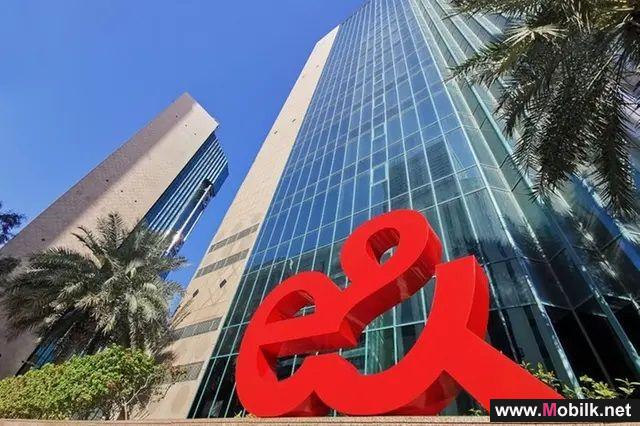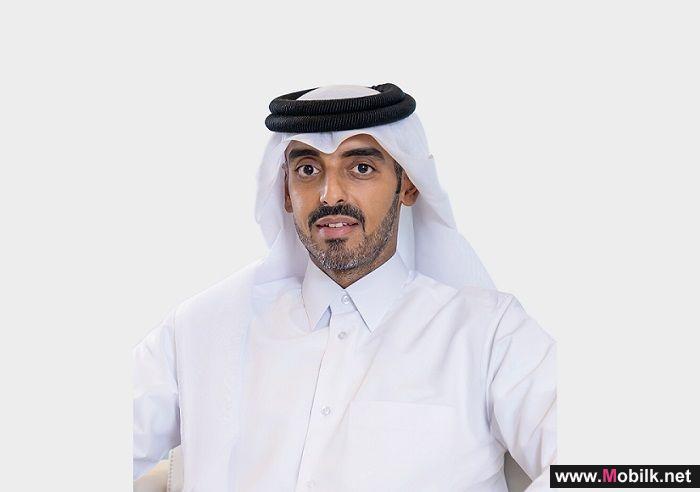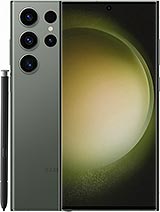Huawei Highlights the Importance of Interoperable ICT Systems for Modern Railway Development in Qatar
Mobilk - With the advent of Qatar’s national transportation objectives and its focus on integrated railway projects outlined in its Vision 2030, Huawei—a global information and communications technology (ICT) solutions provider—has stressed the crucial importance of deploying ‘Future-ready’ GSM-R solutions to maximize safety while protecting long term investment.
Railway infrastructure is set to play a significant role in Qatar’s National Development Framework as the country aims to vastly improve its transportation
services to better serve its economy and society. In addition to the Doha Metro and Lusail City Light Rail Transit, Qatar Rail envisages a long distance railway that will form part of the $200 billion GCC cross-border rail network, which will help to foster sustainable growth for the region’s economy.
Huawei participated last week at the 1st International Conference on Railway Interoperability, Standardization and Harmonization in the Middle East, hosted by Qatar Rail, where it has demonstrated the effectiveness of its latest GSM-R technology. According to Huawei, tailored rail technology and communications solutions, such as GSM-R-LTE compatible networks, can help Middle East railway companies to build a ‘Future-Ready’ international railway network. This rail technology will place passengers at the heart of GCC railway development by emphasizing safety and reliability as critical components of railway infrastructure.
Rabii Ouadi, Head of Business Development, Transportation Solutions at Huawei Enterprise, Middle East and North Africa commented: “The strategic importance of railway developments is rising across the GCC and Qatar Rail’s network plays an important role in the region’s infrastructure plans. The challenge in the region is that most of the railway networks are Greenfield projects. A long term vision needs GCC Railways to invest from day one in future-oriented technologies such as GSM-R ‘4G Ready’ radio communication networks.”
Huawei’s GSM-R solution is a reliable and secure communications system, developed specifically to enable operational digital communication between train drivers and railway control dispatchers. It allows for railway signaling and operational communications to be interoperable between various railway companies and ensures the highest level of service quality at all times – even at the highest of train speeds. Delivering efficient transmission of voice and data communications, including train-control signaling based on European standard ETCS level 2, this solution enhances railway safety operations and fully complies with the EIRENE standards (European Integrated Radio Enhanced Network), while being ready for the future standard evolution thanks to its readiness for 4G-LTE.
Huawei has wealth of experience deploying its ICT solutions for Railways all around the world, including the Middle East. In the UAE, Huawei successfully deployed the mobile transmission network for the Dubai Metro Green Line, which allowed for its thousands of passengers to have access to mobile services across 18 of its metro stations. In 2012 Huawei was also chosen to work on the Etihad Rail project to provide communication network infrastructure with GSM-R, MSN (Multi-Service Networks) and a Masterclock.
Huawei has contracted more than 28,000 kilometers of GSM-R network worldwide and was selected for major projects in China, Australia, South Africa, Turkey, Russia, Morocco and the United Arab Emirates.
Phones & Tablets
Samsung Electronics announced that its Galaxy S23 Series, which launched for sale globally on 17 February, recorded higher sales worldwide than the..
Phones & Tablets
HONOR is hitting the scene once again with its latest offering, the HONOR X9a and in partnership with Etisalat by e&. This time, the global..
Phones & Tablets
Huawei Technologies Co., Ltd., a leading global provider of information and communications technology (ICT) infrastructure, announced the successful..

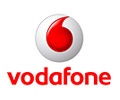 Vodafone Oman
Vodafone Oman Emirates Telecom
Emirates Telecom 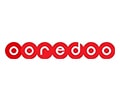 Ooredoo Om
Ooredoo Om Ooredoo Qa
Ooredoo Qa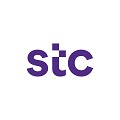 stc Bahrain
stc Bahrain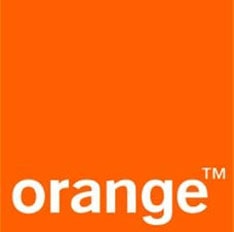 Orange Egypt
Orange Egypt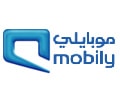 Mobily
Mobily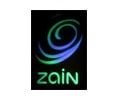 Zain Jo
Zain Jo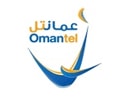 omantel
omantel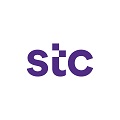 STC
STC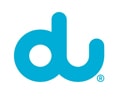 Emirates Du
Emirates Du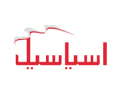 Asiacell
Asiacell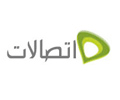 Etisalat Egypt
Etisalat Egypt 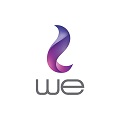 Telecom Egypt
Telecom Egypt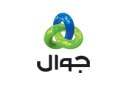 jawwal
jawwal Orange Jo
Orange Jo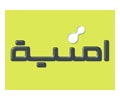 Umniah
Umniah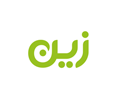 Zain Sa
Zain Sa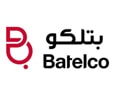 Bahrain Batelco
Bahrain Batelco Zain Bh
Zain Bh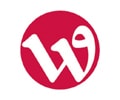 Wataniya palestine
Wataniya palestine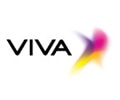 Kuwait Viva
Kuwait Viva  Zain Kw
Zain Kw Vodafone Qa
Vodafone Qa MTN Syria
MTN Syria Syriatel
Syriatel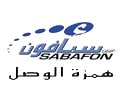 Sabafon
Sabafon Zain Iq
Zain Iq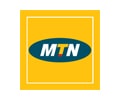 MTN Yemen
MTN Yemen Ooredoo Kw
Ooredoo Kw Vodafone Egypt
Vodafone Egypt 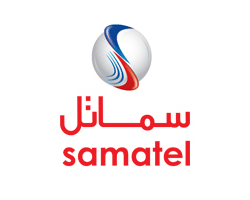 Samatel
Samatel Huawei
Huawei Samsung
Samsung MOTOROLA
MOTOROLA Alcatel
Alcatel Lenovo
Lenovo LG
LG Nokia
Nokia Sony Ericsson
Sony Ericsson HTC
HTC BlackBerry
BlackBerry Siemens
Siemens Acer
Acer Sony
Sony Asus
Asus VK
VK APPLE
APPLE BenQ-Siemens
BenQ-Siemens Sagem
Sagem Eten
Eten HP
HP Panasonic
Panasonic Amoi
Amoi Toshiba
Toshiba Sharp
Sharp Sonim
Sonim Bird
Bird Mitac
Mitac Philips
Philips Pantech
Pantech Vertu
Vertu Micromax
Micromax Maxon
Maxon Haier
Haier I-mate
I-mate Gigabyte
Gigabyte I-mobile
I-mobile Kyocera
Kyocera BenQ
BenQ Microsoft
Microsoft Telit
Telit Connect
Connect Sendo
Sendo SEWON
SEWON Mitsubishi
Mitsubishi DELL
DELL Thuraya
Thuraya NEC
NEC Neonode
Neonode Qtek
Qtek Be
Be Bosch
Bosch MWG
MWG Palm
Palm XCute
XCute Fujitsu Siemens
Fujitsu Siemens WND
WND INQ
INQ O2
O2 Innostream
Innostream Benefon
Benefon Google
Google



